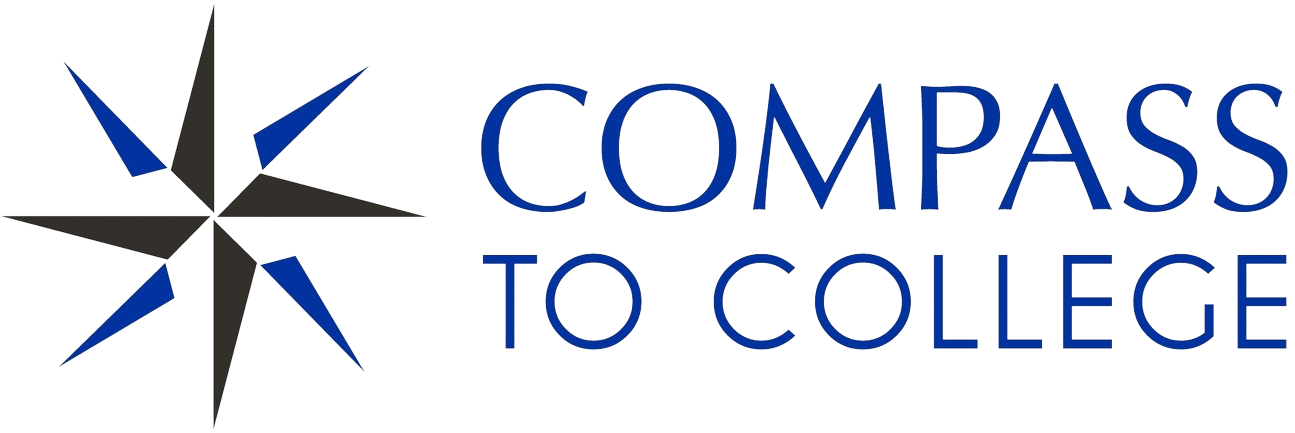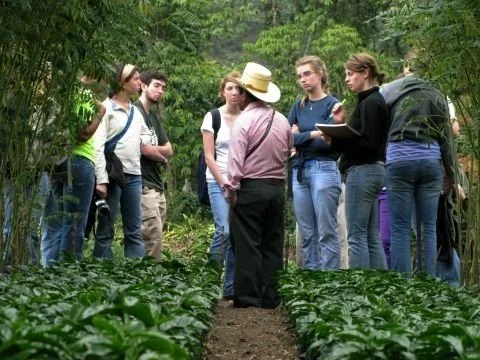How to Build Extracurriculars in History and Government
By Daniela Reichelstein
There’s good news for students interested in history, politics and government: A plethora of extracurriculars exist that’ll not only boost your college resume, but will also deepen your knowledge of a particular subject in preparation for a rigorous college education. Here are steps that will guide you in building extracurriculars in history and government.
Brainstorm
The first step to unearthing extracurriculars that best suit you is to narrow down your interests. So, you plan on majoring in history, politics or government? Then identify an angle of one of those subjects that intrigues you. The more your extracurriculars and college essays reflect depth in a particular aspect of your intended major, the more compelling your application will become to admissions teams. If you’re an aspiring history major, read about different historical periods and hone in on an area of the world or a period in time. For example, you might determine that you’re particularly fascinated with the economic and political impact of oil production in the Middle East. Similarly, if you’re drawn to politics and government, scour the news to find pressing issues that you care about, either on an international, national or local level. Perhaps you decide that you have a particular affinity for juvenile justice and rehabilitation, including how to address the school-to-prison pipeline in your area. The more passionate you are about a given subject, the more motivated you’ll be to take a deep dive into it.
Build a Foundation of Knowledge
Once you’ve identified a niche topic within history, politics or government that you wish to explore, consider enrolling in an academic, college-level course or summer program that covers the topic. Such a course or summer program will provide you with the building blocks to further refine your personal topic of interest. Numerous reputable schools offer relevant pre-college programs. For example, Columbia has a summer program covering subjects such as law and conflict resolution, along with politics, public policy and international relations. Similarly, Stanford’s Pre-Collegiate Summer Institutes offer courses on the social sciences and humanities. Additionally, certain schools cater to students with specialized interests through their leadership institutes or summer programs/academies, such as Brown’s Leadership Institute and the Yale Young Global Scholars Program. History buffs who are considering using their history degree to pursue politics/policy might want to consider University of Pennsylvania’s Social Justice Research Academy. You’ll have an opportunity to research and analyze topics on inequality and resistance from cross-disciplinary approaches in politics, history and culture.
There are a myriad of other, non-academic summer programs that will enhance a student’s practical knowledge of topics in history, politics or government. If you are gearing up for a pre-law track, you might be drawn to the ACLU National Advocacy Institute, where you’ll gain exposure to civil rights and civil liberties. Those of you considering careers in international relations and policy should consider the U.S. State Department’s Benjamin Franklin Transatlantic Fellows Summer Institute, where you can take classes in international diplomacy, democracy and global problems along with international fellows. The School of the New York Times – Summer Academy will provide history-oriented students who might ultimately pursue a career in journalism with an invaluable introduction. Finally, the highly competitive State Governor’s Schools, offered by at least 15 states, will enable students to cultivate their special academic and leadership talents. Regardless of what course or program you choose, view it as an opportunity to thoroughly explore and refine your niche topic of interest.
Acquire an Arsenal of Practical Skills
Internships will provide students with valuable, hands-on experience in their fields of interest. Through those experiences, students will be able to test practical applications of their knowledge in a given field and consider the best ways in which to effect tangible change. If you’re preparing for a higher education focused on politics and government, search for internships in local government, such as the office of a state senator or congressional representative. Large law firms also frequently offer summer internships for high school students who plan on pursuing the pre-law track. Anyone desiring to pursue a career in public service would benefit from applying to the Pathways Program, which provides students paid opportunities across a myriad of federal agencies.
History enthusiasts might seek internships at think tanks and newspapers or other types of publications. Such opportunities will likely enable them to analyze current events through a historical lens. Many museums, such as the Smithsonian’s Youth Programs, offer archive or curatorial research internships. Additionally, the U.S. Library of Congress has a Work Study Program and summer internships geared toward high school students. Students of any leaning should also consider opportunities that are interdisciplinary in nature to display a high level of intellect in their college applications. For example, students who intern at the Stanford STEM to SHTEM Program will be able to work on multifaceted projects that draw on problems in the crosshairs of both humanities and STEM.
Conduct and Publish Research to Showcase Your Intellectual Curiosity
It’s never too early to start brainstorming ideas for your college capstone project, senior thesis or independent study project. Once you have a clear vision of a topic that captivates you, embark on a research project involving it. Better yet, expand on your topic of choice and devise a research project that utilizes a cross-disciplinary approach. Although independent research is always feasible, try to find a research mentor, such as a local professor, who can guide you along the way. Certain programs also offer in-depth research opportunities. For instance, students who intend to major in history should apply to the Concord Review History Camp. There, students will have the ability to research and write a historical research paper on a topic of choice.
Going the extra mile by getting your research published is essential to showing admissions offices that your work has credence and impact. The crème de la crème of research publications would be a peer-reviewed journal. In that vein, co-writing a paper with a professor not only presents a unique learning experience, but is also a sound strategy to getting published in a prestigious academic journal. Beyond these journals, consider submitting your work to newspapers, magazines and other publications. History-oriented students in particular should submit their historical research papers to The Concord Review – a highly selective journal that publishes the work of high school students. They can also contribute op-eds to newspapers that analyze current events by comparing them to historical developments.
Implement a Unique Initiative to Instigate Change
As a final step, students should consider spearheading a unique initiative that applies their knowledge to create something tangible. When brainstorming ideas for such a passion project, dig deep – consider what you’ve learned through academic courses and programs, internships and your own research. For example, a student who is policy-oriented may found a nonprofit dedicated to addressing a particular social justice issue. That nonprofit can provide the public with a variety of services, such as a curriculum to educate youth about the issue. It can subsequently grow its branches by partnering with local government offices or other types of institutions and organizations to implement a particular policy.
Overall, it’s crucial to identify and delve into a topic in the fields of history, politics or government that you’re truly passionate about (click here to learn more about how to explore your passions and find your purpose in high school). Colleges will take note of your ability to think deeply and critically about an academic topic and your drive to effect change in an area that you care about.


